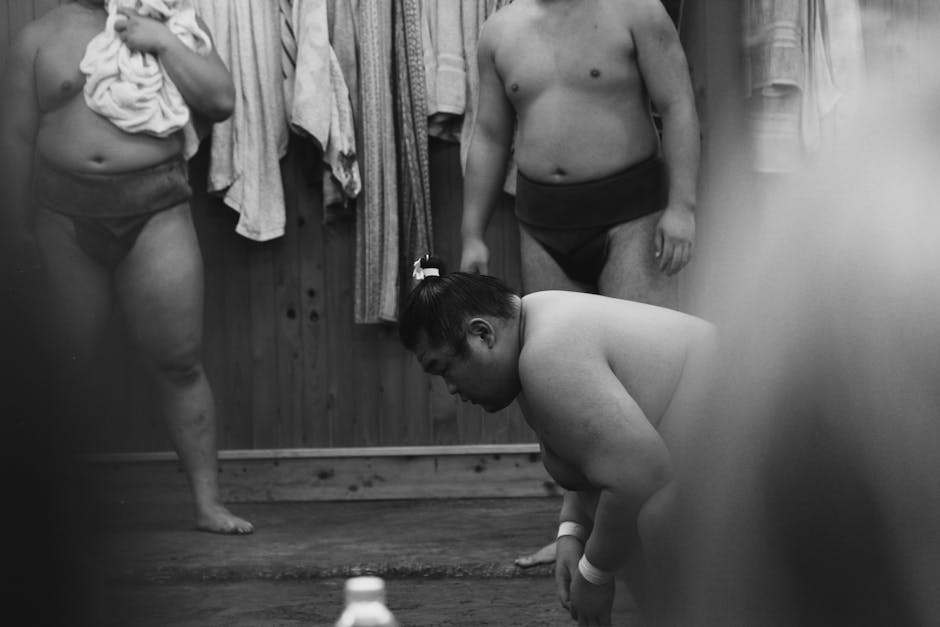Benefits of Play in Early Childhood Development
Play is an essential aspect of early childhood development, providing children with valuable opportunities to learn, grow, and explore the world around them. Research has shown that play has a profound impact on various developmental domains, including cognitive, social, emotional, and physical skills. In this section, we will explore the importance of play in early childhood development and the numerous benefits it offers to young children.
Cognitive Development
Play is often referred to as the “work of childhood” and plays a crucial role in enhancing cognitive development. Through play, children actively engage their brains, problemsolving skills, and creativity. As the famous early childhood quote about play goes, “Play is the highest form of research.” This quote by Albert Einstein emphasizes the importance of play in stimulating children’s curiosity and fostering their natural inclination to explore and experiment.
Social Development
In addition to cognitive benefits, play also significantly contributes to children’s social development. When children engage in play with their peers, they learn important social skills such as cooperation, negotiation, sharing, and communication. As the renowned quote on early childhood play states, “Children need the freedom and time to play. Play is not a luxury. Play is a necessity.” This quote by Kay Redfield Jamison underscores the essential role of play in promoting healthy social interactions and relationships among children.
Emotional Development
Play serves as a powerful outlet for children to express their emotions, regulate their feelings, and develop emotional intelligence. Whether through imaginative play, roleplaying, or creative activities, children have the opportunity to explore different emotions and learn how to manage them effectively. One of the fundamental early childhood quotes about play highlights this aspect, stating, “Children learn as they play. Most importantly, in play, children learn how to learn.” This quote by O. Fred Donaldson emphasizes the intrinsic connection between play and emotional development in young children.
Physical Development
Physical play, such as running, jumping, climbing, and playing sports, is essential for children’s overall health and physical development. Through active play, children enhance their gross and fine motor skills, coordination, balance, and strength. As the insightful quote on early childhood play suggests, “Play is often talked about as if it were a relief from serious learning. But for children, play is serious learning.” This quote by Mr. Rogers highlights the dual nature of play as both enjoyable and educational, particularly in promoting physical development in children.
Overall Wellbeing
Beyond the specific domains of development, play contributes to children’s overall wellbeing, happiness, and sense of fulfillment. Play provides children with a sense of freedom, autonomy, and enjoyment that are crucial for their mental and emotional health. As the touching early childhood quote about play states, “Children must be taught how to think, not what to think. Play gives children a chance to practice what they are learning.” This quote by Jean Piaget underscores the importance of play in fostering children’s creativity, critical thinking, and problemsolving skills.
In conclusion, play is a vital and indispensable aspect of early childhood development, offering a myriad of benefits across cognitive, social, emotional, and physical domains. By recognizing and supporting the importance of play in children’s lives, parents, educators, and caregivers can nurture the holistic growth and development of young children. As the famous early childhood quote on play by Plato aptly summarizes, “You can discover more about a person in an hour of play than in a year of conversation.” This quote underscores the profound impact of play in revealing children’s unique qualities, strengths, and personalities.


